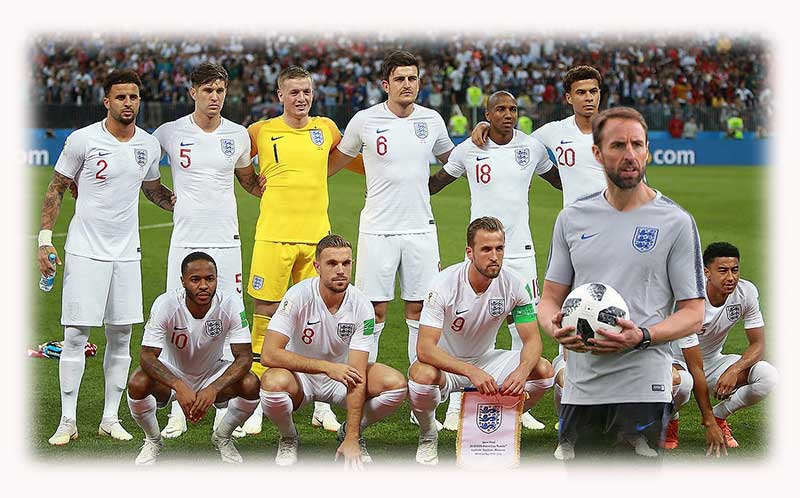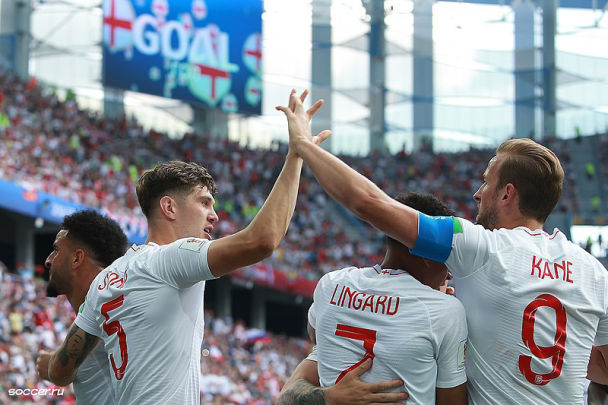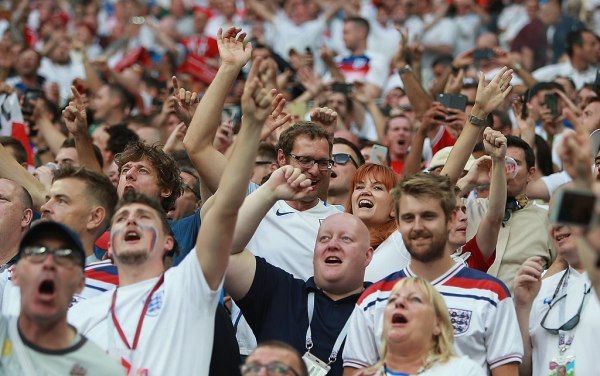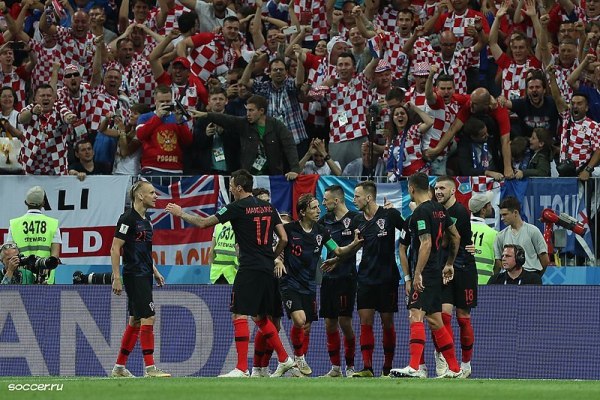






How England painted their own inevitable demise through negativity & escapism at World Cup 2018

The English governing body sent a very young side to the 2018 World Cup who saw the tournament as an opportunity to gain some valuable experience (Reuters, 2018). Southgate’s young side received much praise after their comfortable wins against a weaker Panama and Tunisia in the group stage which saw them advancing to the knockout stage by finishing 2nd in their group despite losing their third group game against Belgium. England looked more composed with each game as they advanced to the semifinal by securing a convincing 2-0 win over Sweden in the quarterfinal and defeating Colombia in the round of 16 in a penalty shoot out, which was a bit of a historic event for them given it was their frist win in the penalty shootout in nearly 30 years. The ‘football’s coming home’ chants grew louder among the English fans all over the world and the internet who started believing this was their year (CNN, 2018; Blum, 2018).

When England secured their knockout stage spot having won their first two group games, Gareth Southgate was faced with a unique dilemma in their 3rd and final group game against Belgium – a win would place them in the same bracket (tagged as the ‘bracket of death’) with Brazil (2), France (7), Argentina (4), Portugal (3), and Uruguay (17), while a loss would secure a spot in the same bracket with Colombia (13), Sweden (25), Switzerland (11), Croatia (18), Denmark (19), Russia (65), and Spain (8). Spain was the only allegedly strong team in the 2nd bracket and there was much speculation in the media over whether England should lose the game to Belgium in order to avoid Brazil, France, et al (Philpott, 2018).

Southgate seemed to have taken a shine to the idea as he decided to rest 9 players from his starting lineup including the top scorer of the tournament Harry Kane and other key players like Rahim Sterling, Jesse Lingard, and Kieran Trippier replacing them with bench players. This was seen as an obvious attempt to lose the game in order to avoid facing Brazil, France, et al. To be fair, Belgium may have also tried to lose that game as they also rested several key players in that game including Romelu Lukaku and Kevin De Bruyne (Rogers, 2018). England eventually ‘won’ the battle of losing and Southgate was successful in his mission to avoid facing Brazil, France, Argentina, Portugal, or Uruguay until the semi-final.

Having avoided Brazil, France, et al. England marched its way into the semifinals by cruising passed Colombia and Sweden. While Southgate received much praise for advancing to the semifinals with such a young side, one of his criticisms was that the English skills were yet to be tested as they had never faced a considerably stronger side in the tournament (except for Belgium whom they lost to) (Ames, 2018). And No Spain to face in the Semi-final as they were already eliminated earlier in the tournament! All they had to do was beat an oh-so beatable Croatia!

The Croatians also employed the same strategy to avoid being in the same bracket of death with the likes of Brazil and France. But their strategy was slightly different from that of England – instead of throwing away a game and enforcing a 2nd place finish in the group, they finished top of their group by winning all three of their group games including a dominating 3-0 win against Lionel Messi’s Argentina. And they never had to look back in the tournament as they stunned the whole world by reaching the final to face France.

When you put your car into ‘Reverse’ while driving, an automatic transmissions system will shift the gear into ‘neutral’ and a manual transmission will potentially damage your gearbox and possibly your engine. But one thing is for sure – you will no longer accelerate, and you will lose momentum! When Southgate decided to lose against Belgium it was essentially shifting into ‘reverse’ at a time when his team was accelerating at a high pace having won their first two games. Momentum is a precious and key ingredient to building confidence, and England lost valuable momentum as a result of their decision to lose, and the loss itself thereafter. This loss of momentum was evident in their first knockout game against Colombia who were playing without their best player James Rodriguez. England failed to beat them in regular time (1-1) and won the game narrowly in a tie-breaking penalty shoot-out.


Adlul Kamal is a professional sport psychology practitioner, researcher, and a writer. He is a lifelong sport enthusiast and physical activity advocate. Feel free to contact Adlul with your questions and comments.






Mobirise gives you the freedom to develop as many websites as you like given the fact that it is a desktop app.
Publish your website to a local drive, FTP or host on Amazon S3, Google Cloud, Github Pages. Don't be a hostage to just one platform or service provider.
Just drop the blocks into the page, edit content inline and publish - no technical skills required.

“The scope of one’s personality is defined by the magnitude of that problem which is capable of driving a person out of his wits.”
― Sigmund Freud


Follow Adlul on Social Media: